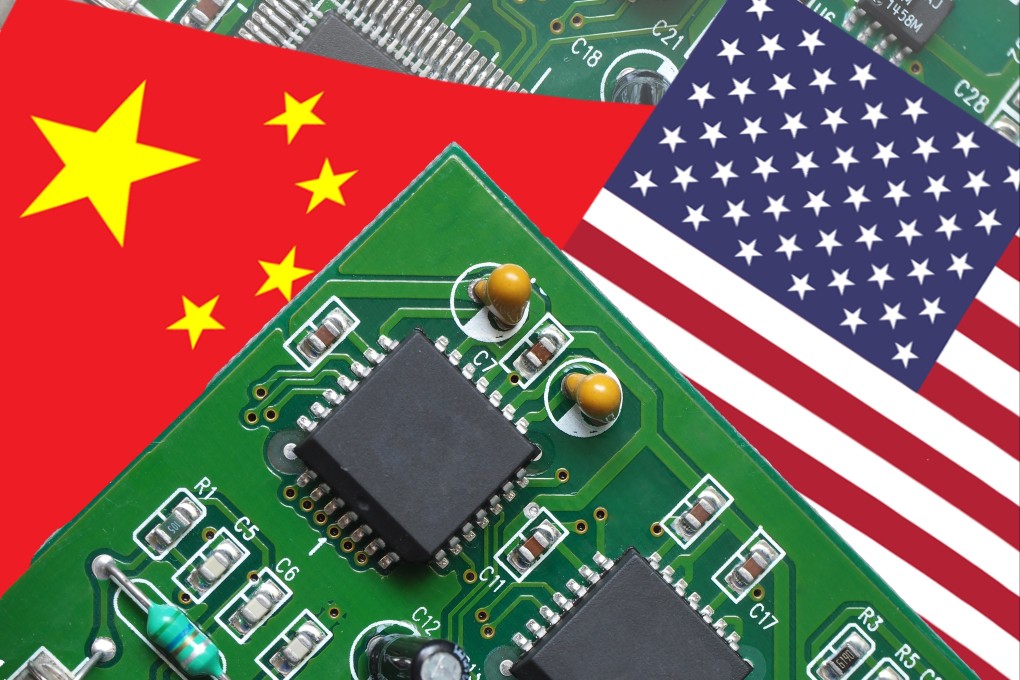China’s RISC-V community shrugs off US lawmaker threats to impose curbs on open-source chip standard
- None of the Chinese premier members in RISC-V International have made any comment in response to reports that US lawmakers want a crackdown
- One expert says US curbs would not have direct impact on mainland RISC-V companies but may have a ‘negative impact’ on IP vendors in the US

China’s RISC-V community has largely ignored potential US moves to restrict the mainland’s access to the open-source chip design technology, with Chinese experts downplaying the likely implications of such a course of action.
None of the Chinese premier members in RISC-V International, including Alibaba Cloud, Huawei Technologies, ZTE Corp and Tencent Holdings, have made any comment in response to reports that both Republican and Democratic lawmakers have urged the Biden administration to curb China and US corporate-level cooperation on RISC-V technologies.
RISC-V is an open-standard instruction set architecture (ISA) which gives chip developers the ability to configure and customise their designs. It has become a new hope for China to reduce its dependence on foreign intellectual property (IP) suppliers amid a tech war with the US and as it seeks to reduce the costs involved in chip design. RISC-V International is the non-profit, member foundation aimed at promoting the architecture.
Peng Jianying, CEO of Nuclei System Technology, a leading RISC-V processor IP vendor in China, told the South China Morning Post that the impact would be limited as the US can only seek to restrict the exports of US companies to China or cooperation with China, as it would be hard to set any restrictions on the open standard.
Peng, who is also general secretary of CRVIC, a Chinese RISC-V alliance, said US restrictions would not have a direct impact on mainland RISC-V companies but may have a “negative impact” on IP vendors in the US.
Jack Kang, a senior vice-president at SiFive, another RISC-V IP company, said RISC-V, like other open standards such as Linux, Ethernet, and Wi-fi, are critical to “technological innovation and growth”.